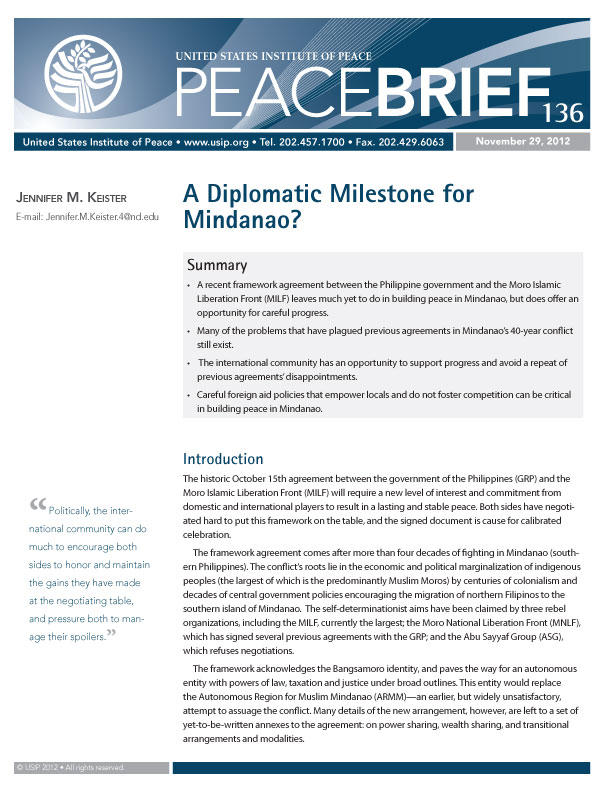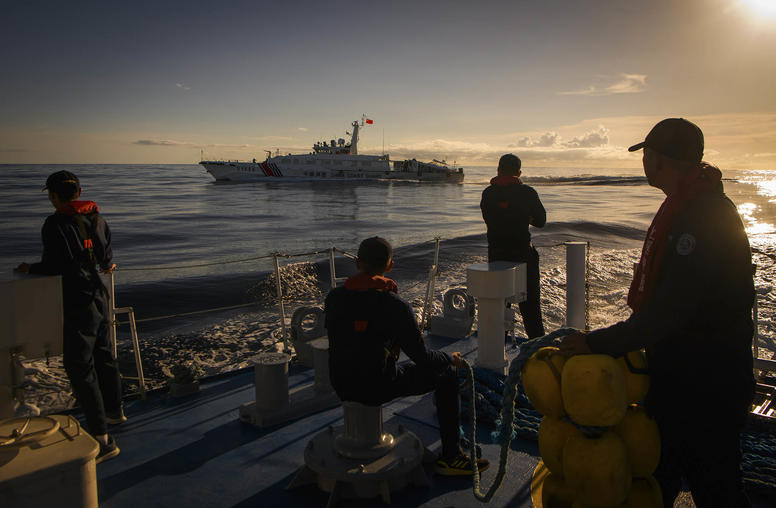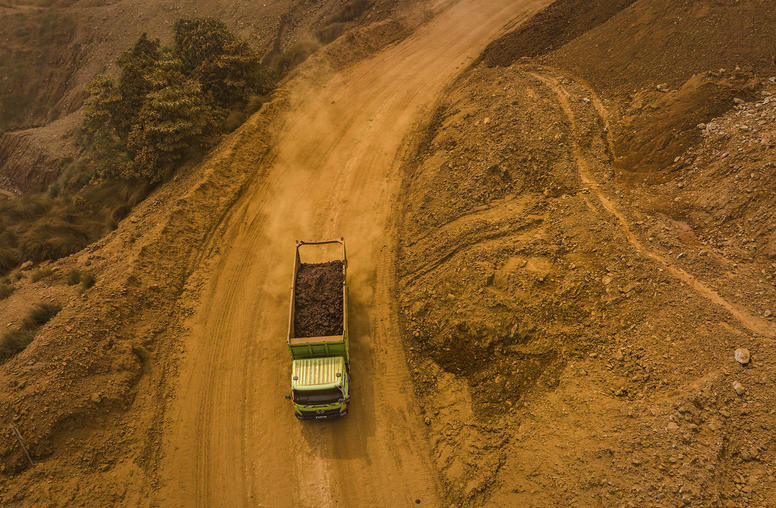A Diplomatic Milestone for Mindanao?
Dr. Jennifer M. Keister, a former USIP Randolph-Jennings Peace Scholar, bases this report on her own research—during which she has spent more than 21 months in the field, traveling extensively in conflict-affected areas of Mindanao (2008-2011)—and on recent discussions with contacts still in-country.

Summary
- A recent framework agreement between the Philippine government and the Moro Islamic Liberation Front (MILF) leaves much yet to do in building peace in Mindanao, but does offer an opportunity for careful progress.
- Many of the problems that have plagued previous agreements in Mindanao’s 40-year conflict still exist.
- The international community has an opportunity to support progress and avoid a repeat of previous agreements’ disappointments.
- Careful foreign aid policies that empower locals and do not foster competition can be critical in building peace in Mindanao.
About this Brief
Dr. Jennifer M. Keister is a political scientist and a former USIP Randolph-Jennings Peace Scholar (2010-2011). She is a visiting research fellow at the Kroc Institute for International Peace Studies at the University of Notre Dame, where she is finishing a book on Mindanao. This report is based on her own research—during which she has spent more than 21 months in the field, traveling extensively in conflict-affected areas of Mindanao (2008-2011)—and on recent discussions with contacts still in-country.



